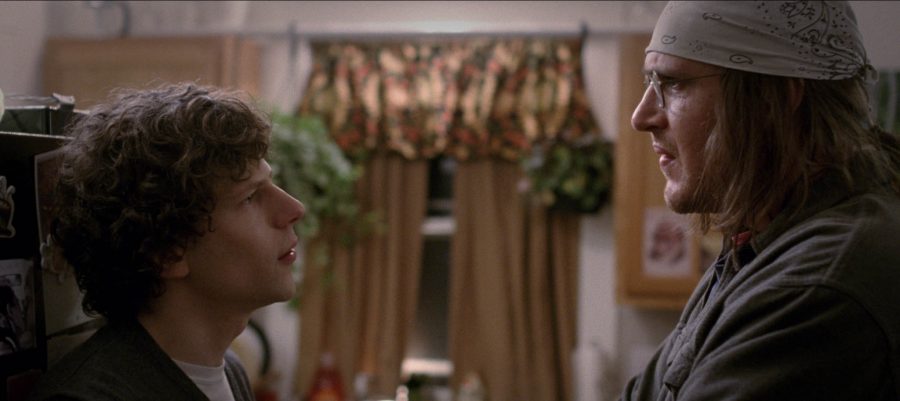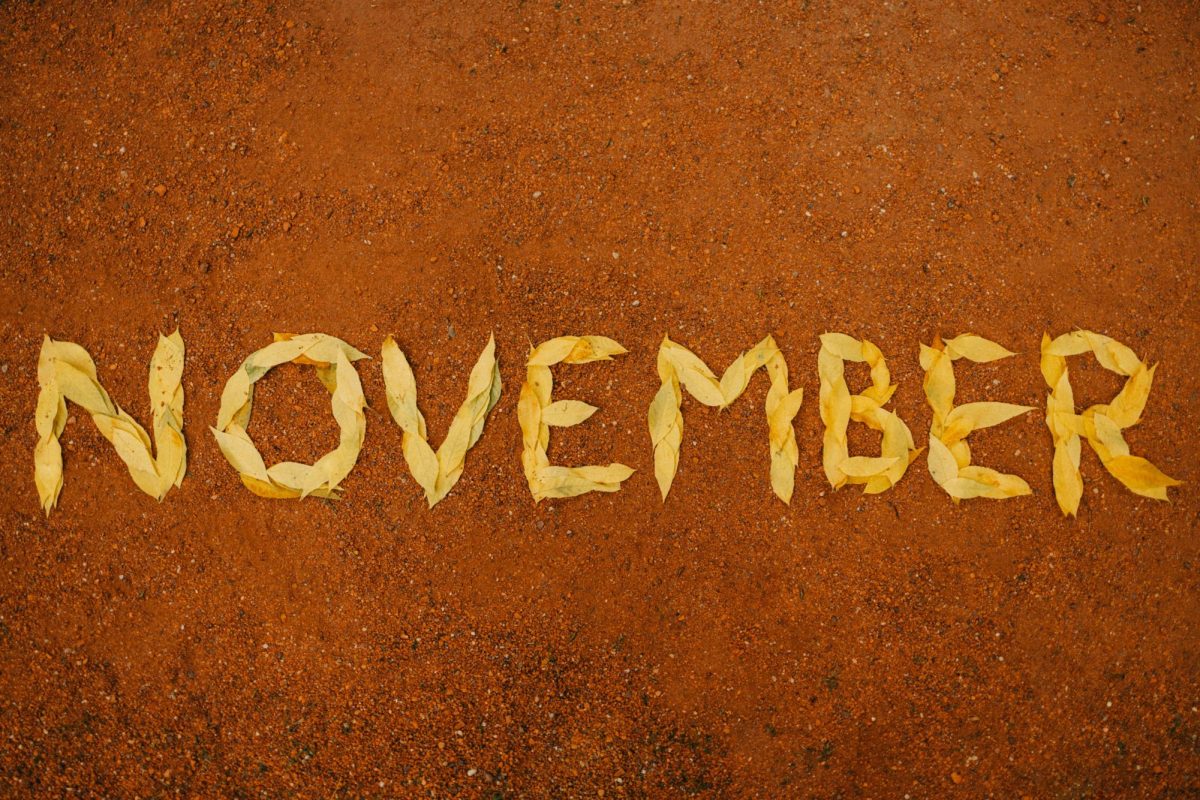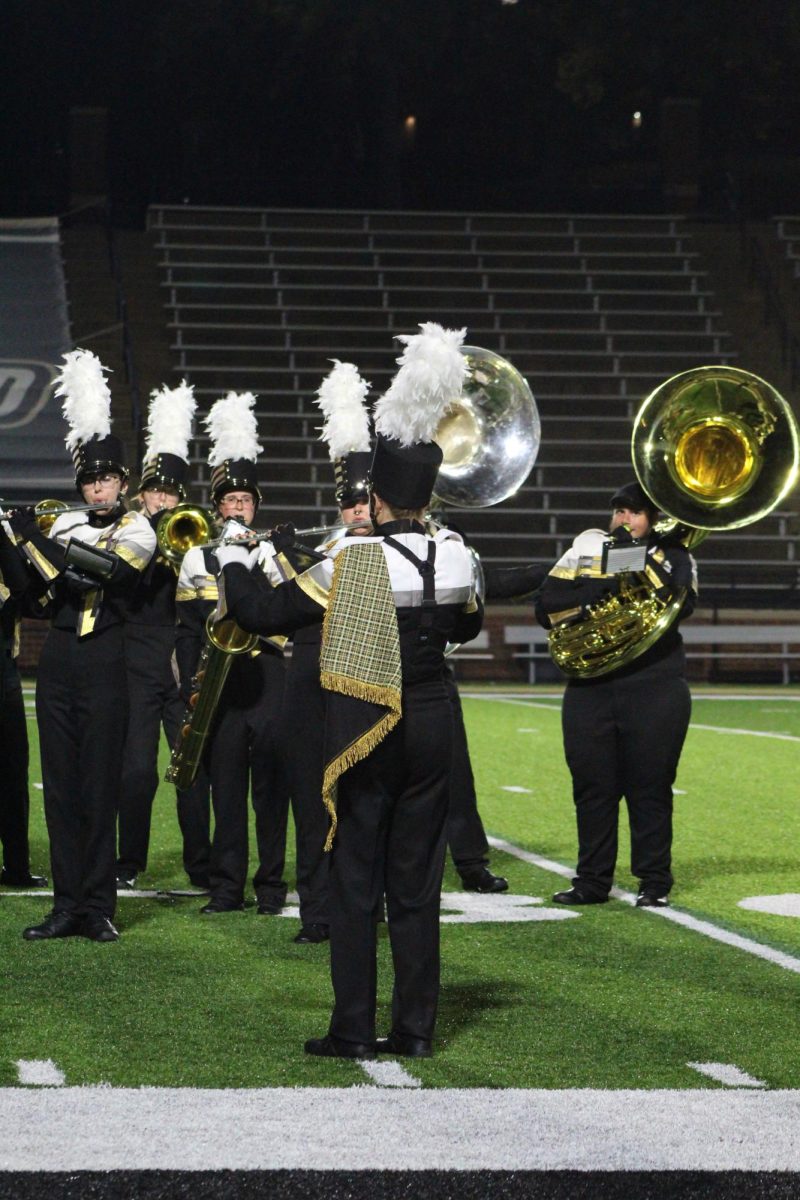
David Lipsky (Jesse Eisenberg) and David Foster Wallace (Jason Segel) in the most epic staring contest in cinematic history in “The End of the Tour”
Devin King | Staff Reporter
Published August 21, 2015; 10:00 a.m
My freshman writing professor always said writing is just putting thoughts on to a paper. So with this in mind, a person’s writing can give a great insight into how they think and who they are. Director James Ponsoldt’s (“The Spectacular Now”) biopic “The End of the Tour” depicts the five-day interview that took place between late author David Foster Wallace (Jason Segel) and Rolling Stone reporter David Lipsky (Jessie Eisenberg) in 1996. While there is not much writing that happens in the film, the compelling and highly engaging dialogue between the two shows how they became successful writers with their brilliant thoughts.
The story starts out with Lipsky hearing rave reviews for a novel called “Infinite Jest” After reading it for himself, Lipsky is impressed and seeks out the author, who happens to be Wallace, for an interview for Rolling Stone. Wallace agrees, and Lipsky joins Wallace for the last place on his book tour in 1996.
The film is more of a conversation than an actual sequence of events. There are very few supporting characters, and the few that are there have little screen time. The screen time is saved for Lipsky and Wallace discussing their views, from little opinions to life outlooks, and their respective pasts. Lipsky’s overall goal is to press Wallace for questions, however, Wallace is not very open to being pressed. Lipsky then tries to balance asking hard questions and maintaining his friendship after becoming acquainted.
The writing is very smart but never dares to come across as pretentious. Both writers are clearly intelligent and have their own big ideas, but it is also very clear how flawed they both are. Not everything that comes out of their mouths is necessarily sophisticated, but it is easy to see where their ideas come from. The dialogue is captivating and the characters become fully fleshed out thanks to it. With the film being almost solely composed of dialogue, it is a slow burn as far as pacing is concerned, but with a 106 minute run time, it never over stays its welcome.
Eisenberg and Segel both give stellar performances. Eisenberg masters Lipsky’s level headed and thought out approach on life and makes his character’s motivations seem convincing enough to pursue. Segel knocks it out of the park with an Academy-award-worthy performance. Not only does Segel look and act much like Wallace, but he delivers every line effectively. Together, the two actors have great chemistry. Wallace and Lipsky are clearly very similar to each other, but their personalities get in the way of them fully realizing it and it is surprisingly entertaining to watch.
The cinematography and other aesthetics are both appropriate for what they are, never going out of the way to be jarring. The film has a nice, modest feel due to this.
While not a typical summer film (in fact, it takes place in winter), “The End of the Tour” is a very enjoyable film that tells the story of a brilliant late author and does a great job of what it sets out to do.










